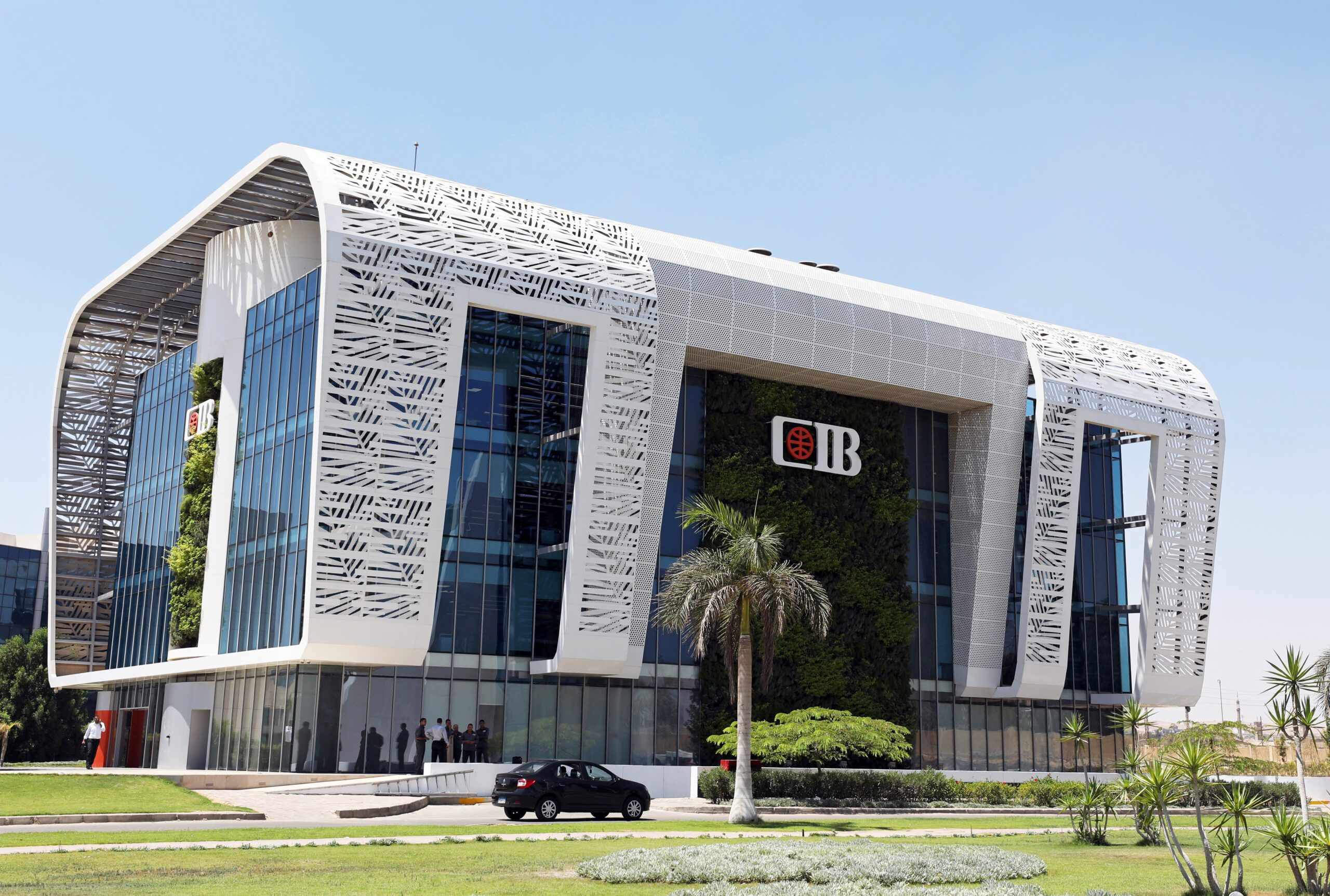World Bank: How COVID-19 could shape resilient cities of the future
- Date: 08-Mar-2021
- Source: World Economic Forum
- Sector:Financial Services
- Country:Middle East
World Bank: How COVID-19 could shape resilient cities of the future
Cities are at the frontline of the COVID-19 crisis and global response efforts - in a new world of multiple, compounded risks.
Sustainable, resilient cities have been the most able to cope with the pandemic, the Mayor of Helsinki said at a recent World Bank event.
By making the right investments and tackling deep-seated inequalities, cities can transform their economies and people's lives.
March 2021 will mark one year since the World Health Organization declared COVID-19 a global pandemic, upending lives and livelihoods. Cities are on the frontlines of this crisis, with dwindling economic activity, high rates of infection and inadequate resources.
In cities, which are home to over half of the world's population, long-standing inequities have been deepened by the pandemic. Although urbanization has been accompanied by lower poverty, job creation and growth, distribution of such urban gains has been uneven, often marked by striking spatial, social and economic inequalities.
Today, urban dwellers working informal, and often precarious jobs, are part of the swelling ranks of "new poor“ created by the pandemic. That is in addition to other vulnerable groups of people who often live in crowded urban areas with limited means to practice safe handwashing or social distancing.






















